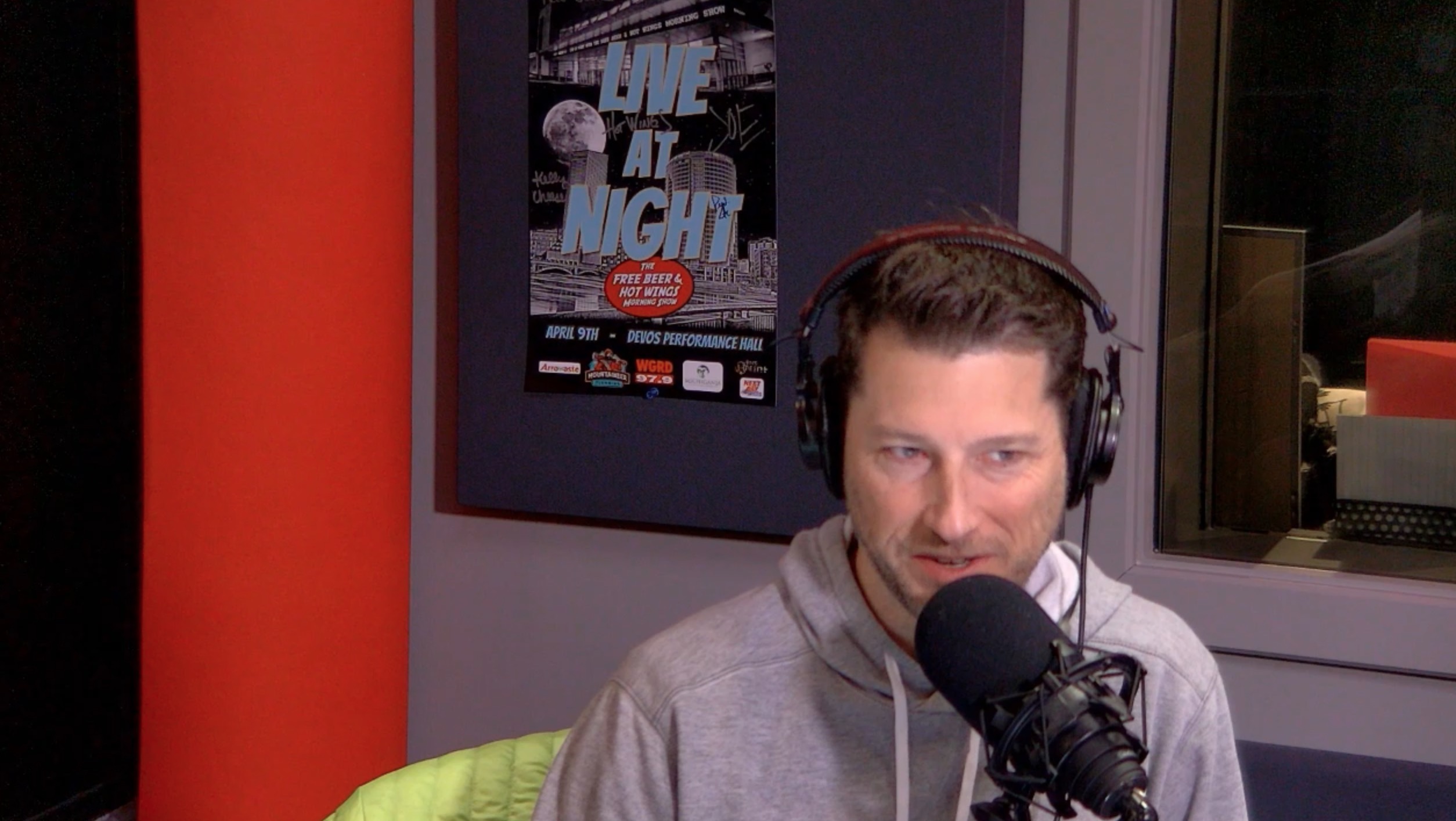Mastering Twitter Image Sizes: The Ultimate Guide
Are your Twitter images not getting the attention they deserve? You’re pouring your heart into crafting engaging tweets, but your visuals are falling flat. It’s likely you're overlooking a critical element: Twitter image dimensions. Getting your image sizes right can significantly impact your tweet performance, from click-through rates to overall engagement. In this comprehensive guide, we’ll dive deep into the world of Twitter image sizes, exploring everything from the optimal dimensions for different tweet types to practical tips for creating visually stunning visuals.
Imagine scrolling through Twitter. What catches your eye? It's the visuals. A blurry, cropped, or distorted image can instantly turn off potential engagers. Understanding the correct Twitter picture size for various content formats—profile pictures, in-stream photos, header images, and Twitter Cards—is the first step toward maximizing your social media impact.
While Twitter constantly evolves, the importance of optimized imagery remains constant. From the early days of simple square images to the current landscape of diverse formats, Twitter has always been a visually driven platform. Mastering the ideal aspect ratios and pixel dimensions is crucial for ensuring your visuals display correctly and captivate your audience.
One of the most common issues users face is improperly sized images. This can lead to awkward cropping, pixelation, and a generally unprofessional look. Uploading images that don’t conform to Twitter's recommended sizes can significantly diminish your brand's visual identity and hinder your message's effectiveness.
So, what exactly are the ideal Twitter image dimensions? Let's break it down. For in-stream photos, aim for a 2:1 aspect ratio (e.g., 1024x512 pixels). Profile pictures should be 400x400 pixels, while header images ideally measure 1500x500 pixels. These dimensions ensure your visuals display correctly across various devices, from desktops to mobile phones.
One benefit of using the correct Twitter image size is increased engagement. High-quality, properly displayed images attract attention and encourage clicks, retweets, and replies. For example, a visually appealing product image with the correct dimensions is more likely to drive traffic to your website than a distorted, poorly cropped image.
Another benefit is improved brand consistency. Using consistent image sizes across your Twitter profile creates a professional and polished look, reinforcing your brand identity. Imagine a company with a pixelated profile picture and inconsistently sized header images. It projects a lack of attention to detail and can damage brand credibility.
Finally, optimizing your Twitter image sizes enhances accessibility. Ensuring your images are properly formatted and displayed correctly makes your content more accessible to users with disabilities who rely on assistive technologies.
Creating a compelling visual presence on Twitter involves more than just knowing the correct dimensions. Choose high-quality images that resonate with your audience and reflect your brand's personality. Use image editing tools to optimize your visuals for the web, ensuring they are properly sized and compressed for faster loading times.
Advantages and Disadvantages of Optimizing Twitter Images
| Advantages | Disadvantages |
|---|---|
| Increased engagement | Time investment in image optimization |
| Improved brand consistency | Need to stay updated on changing Twitter guidelines |
| Enhanced accessibility |
Best Practices:
1. Use high-resolution images.
2. Maintain a 2:1 aspect ratio for in-stream photos.
3. Optimize images for web using compression tools.
4. Use visually appealing images that align with your brand.
5. Test different image formats (JPEG, PNG, GIF).
FAQ:
1. What are the ideal dimensions for a Twitter profile picture? 400x400 pixels.
2. What is the recommended aspect ratio for in-stream photos? 2:1.
3. How can I optimize my images for Twitter? Use image editing software and compression tools.
4. Why are my Twitter images blurry? They might be too small or not optimized for the web.
5. What is the best file format for Twitter images? JPEG or PNG are generally recommended.
6. What are Twitter Cards, and how do image dimensions affect them? Twitter Cards use images to enhance the display of your tweets. Each card type has specific image size requirements.
7. How do I ensure my images are accessible? Use descriptive alt text for your images.
8. What tools can I use to resize my images for Twitter? There are many free and paid online tools and software programs available.
Tips and Tricks: Experiment with different image styles, use relevant hashtags, and analyze your tweet performance to see what resonates with your audience.
In conclusion, mastering Twitter image dimensions is a non-negotiable aspect of successful social media marketing. From boosting engagement and reinforcing brand consistency to ensuring accessibility, the benefits of optimized visuals are undeniable. By understanding the recommended sizes for different tweet formats and implementing the best practices outlined in this guide, you can elevate your Twitter presence, capture your audience's attention, and drive meaningful results. Don’t let poorly sized images hold you back. Invest the time to optimize your visuals, and watch your Twitter engagement soar. Take action today, review your current Twitter images, and make the necessary adjustments to maximize their impact. Your audience (and your bottom line) will thank you.
Melt your heart with cute cats wallpaper for pc
Unas de color rosa embracing the soft hues of elegance
Unlocking the power of nitric acid uses benefits and precautions














